Due to the continuous rise in temperature, the newly born mother is still in a relatively weak state and needs to supplement nutrition to restore her health. But she couldn't muster up her appetite, which led to the new mother's mental state deteriorating. Therefore, new mothers must start with a healthy diet to nourish their bodies. Only when they can eat enough can they nourish themselves well.
Dietary principles for postpartum confinement in summer:
The principle is to eat less and more meals.
New mothers should follow the principle of eating less and more meals every day, and may add breakfast and lunch on top of the original three meals a day.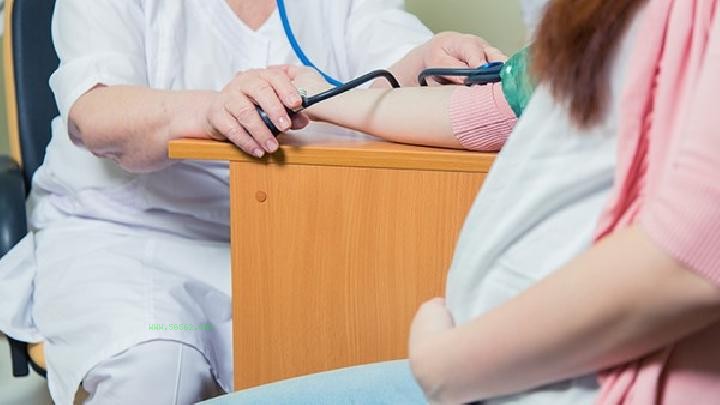 Diet emphasizes quality first, food should be small but refined, food varieties should be diverse, water should be more, and the cooking method should be mainly fine and soft. Eating a little every time not only prevents nausea, but also gradually arouses interest in food. So why not add breakfast and lunchtime on top of the original three meals a day.
Diet emphasizes quality first, food should be small but refined, food varieties should be diverse, water should be more, and the cooking method should be mainly fine and soft. Eating a little every time not only prevents nausea, but also gradually arouses interest in food. So why not add breakfast and lunchtime on top of the original three meals a day.
Reasonable combination of diet for new mothers
New mothers should pay attention to reasonable nutrition. In order to obtain various nutrients from food, increase appetite, and help the body recover as soon as possible, the diet should not only be rich in nutrients, but also diverse. It is best to use both meat and vegetable dishes, mix coarse and fine grains, and eat a mixture of plant protein and animal protein. They should also eat more fresh vegetables and fruits, not be picky eaters, and fully meet the body's needs for various nutrients.
Diversified types of main and side foods
It is necessary to change the combination of main and side foods, and it is difficult to arouse the appetite of new mothers with unchanged fine or coarse grains. Promote the exchange of similar types of food, such as the exchange of miscellaneous grains and fine grains, and the exchange of different types of meat. The refined rice and flour are often referred to as fine grains. The miscellaneous grains mainly refer to millet, oats, corn flour, brown rice, standard flour, red beans, mung beans, etc. Xiaomi can enhance appetite and is a traditional nourishing food. It is rich in vitamin B1, vitamin B2, and dietary fiber, which can help new mothers recover their energy and stimulate intestinal peristalsis to increase appetite.
Millet porridge should not be cooked too thinly, nor should millet be the staple food of the month, or it will cause unbalanced nutrition and lack of other nutrients for expectant mothers.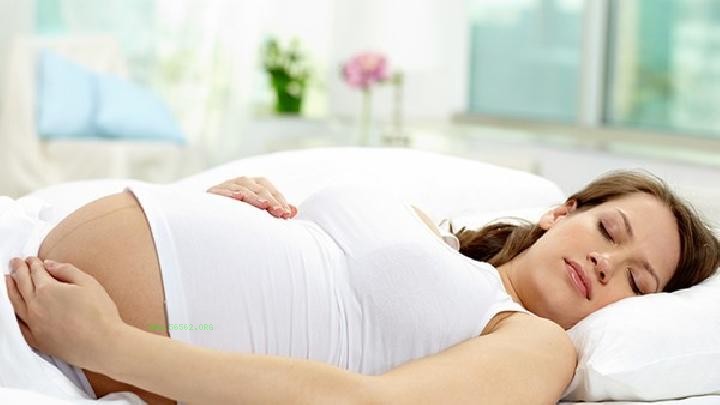 When preparing meals for new mothers, it is advisable to separate coarse and fine grains and eat them in different ways. This not only supplements rich nutrients, but also complements protein to enhance the nutritional value of food, which is beneficial for improving the appetite and physical recovery of new mothers.
When preparing meals for new mothers, it is advisable to separate coarse and fine grains and eat them in different ways. This not only supplements rich nutrients, but also complements protein to enhance the nutritional value of food, which is beneficial for improving the appetite and physical recovery of new mothers.
When choosing side dishes, try to switch between chicken, duck, pig, sheep, and beef to ensure a variety of food options. In addition, the variety, form, color, and taste of food should also be diversified, and the cooking methods should be changed.
Misconceptions that must be avoided during summer confinement: Expert interview: Relax during summer confinement.
Misconception 1: Postpartum confinement should be stuffy, covered, and wrapped.
In the minds of many elderly people, it is best for postpartum women to keep their doors and windows tightly closed, avoid turning on air conditioning and fans, and wear long clothes and pants in summer, fully armed. Is this really the case? The doors and windows of the house are tightly closed, and the air is not well ventilated, which can easily lead to heatstroke in pregnant women. It is recommended to open windows for ventilation appropriately, but it is necessary to strictly avoid cross ventilation and not directly face the air conditioning outlet. After all, postpartum women have lower immunity, and excessive exposure to cold air can easily lead to colds. When postpartum women sweat a lot, they should remember to change clothes frequently and wear loose and comfortable clothes as much as possible without being too tight.
Misconception 2: During confinement, one should exercise less and be lazy. Some elderly people believe that postpartum mothers have weak physical conditions and need to take good care of themselves. It is best to avoid getting out of bed and moving around during confinement. In fact, the disadvantages outweigh the advantages of doing so. Getting out of bed early after childbirth is not only beneficial for blood circulation in the lower limbs, promoting timely discharge of lochia, but also exercises the abdominal muscles. Mothers who give birth naturally can get off the ground and move around slightly on the same day; If it is a cesarean section, one or two days after the surgery, one can also move around on the ground, but excessive movements should be avoided.
Some elderly people believe that postpartum mothers have weak physical conditions and need to take good care of themselves. It is best to avoid getting out of bed and moving around during confinement. In fact, the disadvantages outweigh the advantages of doing so. Getting out of bed early after childbirth is not only beneficial for blood circulation in the lower limbs, promoting timely discharge of lochia, but also exercises the abdominal muscles. Mothers who give birth naturally can get off the ground and move around slightly on the same day; If it is a cesarean section, one or two days after the surgery, one can also move around on the ground, but excessive movements should be avoided.
Misconception 3: Postpartum care should not be too dirty.
In traditional beliefs, if a mother washes her hair and takes a shower during the confinement period, she may develop postpartum diseases such as arthritis. In fact, whether or when to take a shower should vary from person to person. For postpartum women who give birth normally, bathing is indeed not allowed within 24 hours, but it can be done 2-5 days after delivery. It is recommended to take showers frequently, and the duration should not be too long, 5-10 minutes each time. It is best to adjust the water temperature to 34-36 degrees Celsius. If there is excessive bleeding or a wound during childbirth, it is best to wait for the mother's body to recover before taking a shower.
Misconception 4: Not Eating Salt During Postpartum Period
Many postpartum women live almost tasteless lives in the first few days after giving birth. This is because the elderly warned that adding salt to meals can affect milk production. In fact, postpartum offspring are prone to hyponatremia, fatigue, and excessive sweating. If they do not consume salt for a long time, they are more likely to develop hyponatremia syndrome. So there is no need to deliberately avoid salt intake during the postpartum period, just focus on a light diet and reduce spicy seasonings.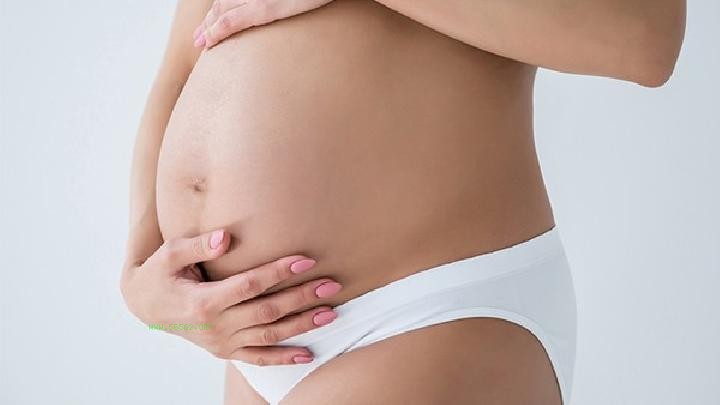 Eight recipes recommended for taking the month in summer
Eight recipes recommended for taking the month in summer
Purple amaranth Congee
Raw materials: 1 purple amaranth and 60g glutinous rice.
Recipe: Fry the amaranth in water, then take the juice and boil it with glutinous rice until the rice is cooked to perfection.
Nutritional Inventory: Purple amaranth is rich in protein, which is more fully absorbed by the human body than the protein in milk.
Purple amaranth contains more calcium and iron. In summer, when you are upset and depressed, the fragrant and delicious purple amaranth Congee is especially suitable for mothers who are in confinement to supplement minerals.
Note: If Congee is served with refined and delicious dishes, it will definitely make mothers with poor appetite in summer.
Cabbage and Pork Rib Soup
Ingredients: 500g pork ribs, 250g cabbage, appropriate amounts of cilantro, salt, vegetable oil, scallions, and ginger.
Recipe: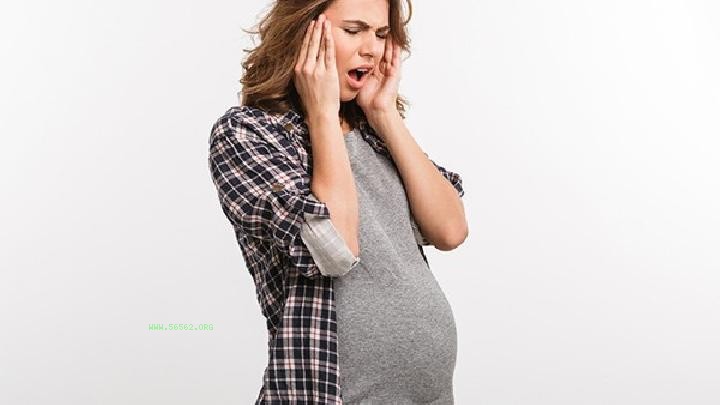
1. Wash the cabbage and cut it into slender cubes.
2. Cut cilantro into sections after washing, scallions into sections, and ginger slices.
3. Wash the pork ribs, chop them into sections, and blanch them in boiling water.
4. Heat the wok over high heat and add vegetable oil.
Add chopped scallions and ginger slices to the wok, add pork ribs, stir fry over high heat, add an appropriate amount of hot water, and cook over medium heat.
5. Add cabbage chunks and cook until half cooked. Add salt and simmer over low heat until tender. Add cilantro and it's ready to serve.
Nutritional Inventory: Cabbage contains protein, dietary fiber, carbohydrates, and vitamins.

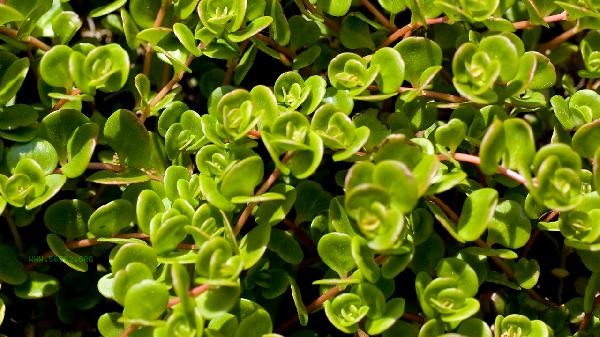


Comments (0)
Leave a Comment
No comments yet
Be the first to share your thoughts!